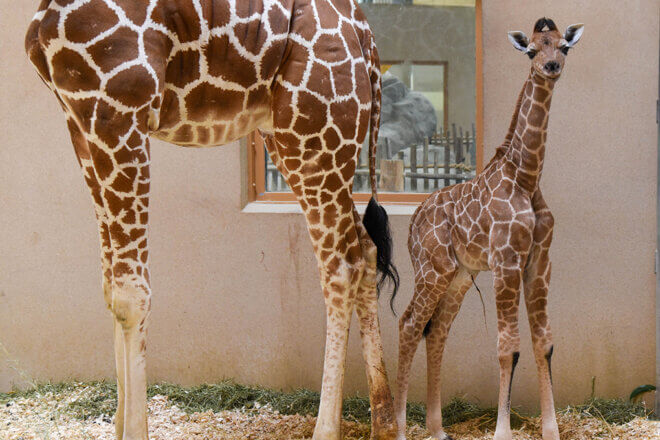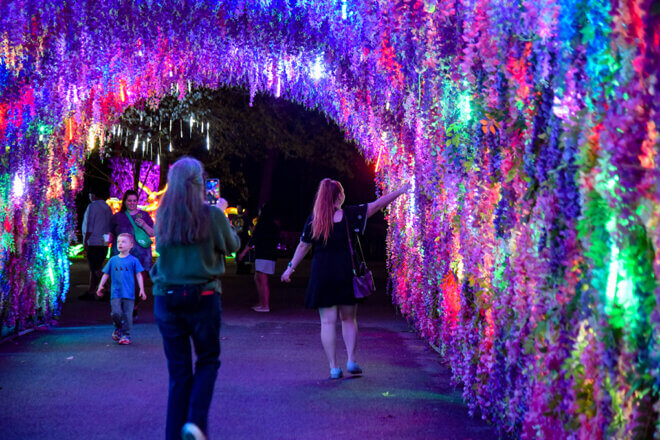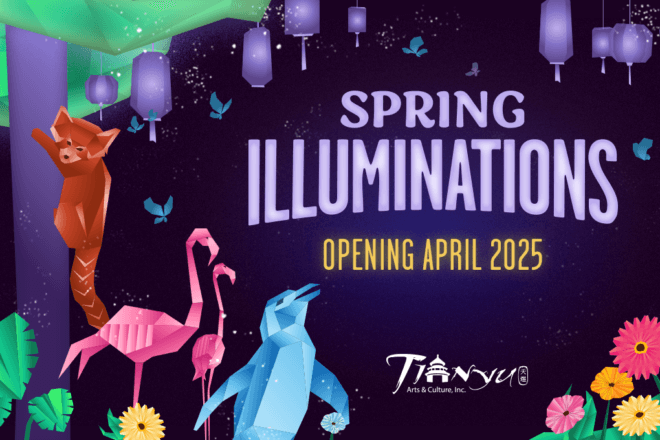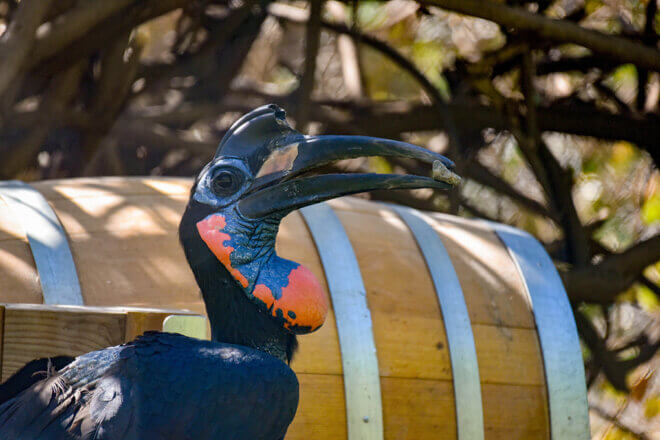National Zoo Keeper Week
It’s National Zoo Keeper Appreciation Week and we’re celebrating the amazing work our zookeepers do for wildlife every day. They are the dedicated keepers, teachers, and caretakers of the animals here at the zoo. They are also some of the most Passionate hardworking people you’ll meet. The Maryland Zoo is fortunate to have expert teams of animal professionals focused on the care of more than 200 species big and small. We’re so grateful for their knowledge, expertise, and commitment which continues to advance animal husbandry and wildlife conservation here and around the globe.
This year, National Zoo Keeper Week is July 16-22. Each day we’ll share new keeper profiles and introduce you to the people making a difference for animals at the Maryland Zoo.
Meet Katie K.
What area of the zoo do you work in and with what animals do you work?
Hospital. All kinds of animals.
How long have you been working at the zoo?
7 months
Why did you choose to work at the zoo?
It always felt like a fun and interesting place to work
Is it hard to work at the zoo and why?
The days are sometimes long and the work can be strenuous but I really love what I do and the animals I work with
When did you first start thinking about working in a zoo?
5 years ago is when I got my first zoo job
What steps did you take in order to become a keeper at the zoo?
I got a college degree, had a few internships, and then volunteered when I wasn’t working in the field
What type of person or what skills make for a good keeper?
A hard-working, dedicated, flexible, and optimistic person
What hobbies/interests do you have outside of your zoo life?
Photography, hiking, knitting, and watching movies — usually with people from the zoo
Have you done any unique conservation, research, or professional development experiences related to your work with wildlife?
I’ve been involved with a few research projects over the years, usually involving marine mammals
What do you think is an important reason to support the zoo?
It is important to educate people so they will want to conserve/preserve these animals and plants that are fast disappearing.






Share this article